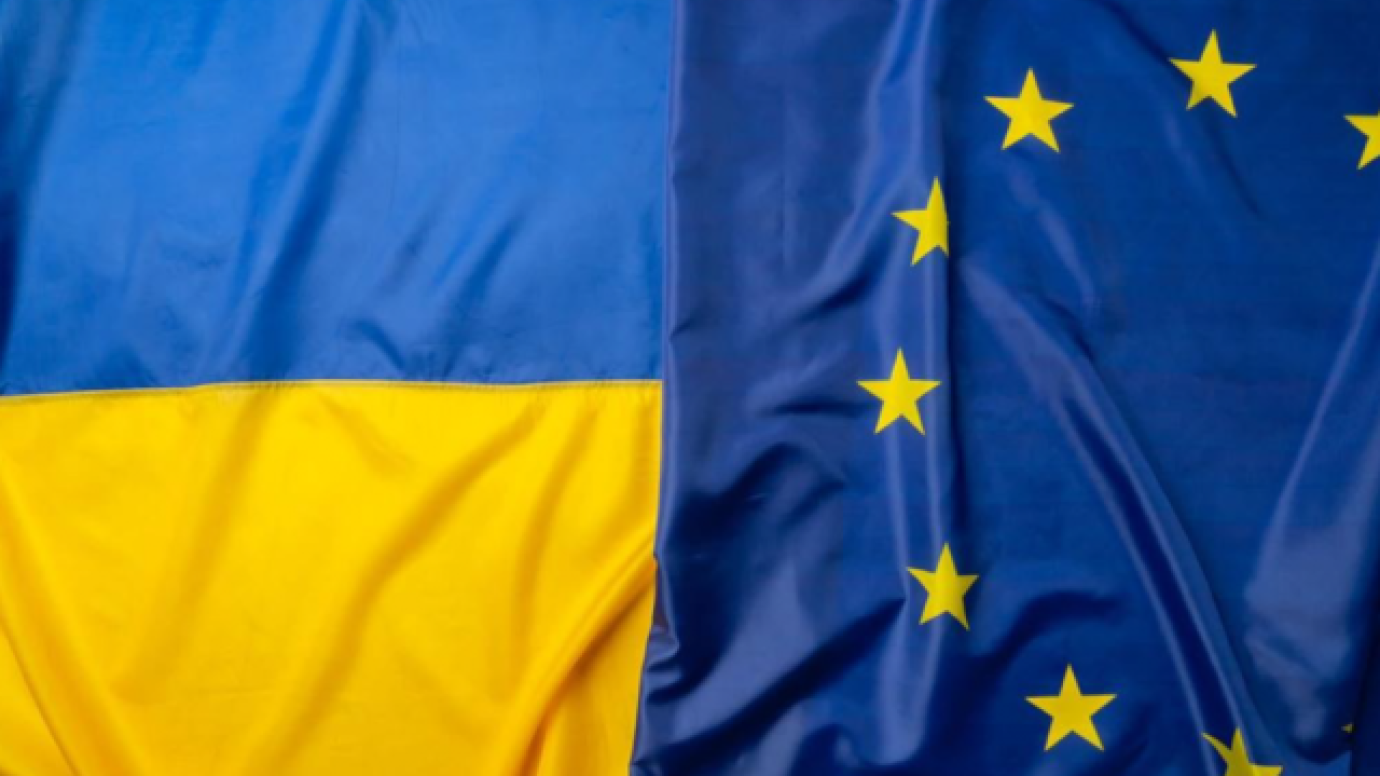MSCA will provide an additional €10 million to support displaced researchers from Ukraine
Since the start of Russia’s full-scale invasion of Ukraine, the MSCA4Ukraine initiative has been supporting displaced researchers from Ukraine.

The European Commission announced in April 2024 a €10 million top-up for the MSCA4Ukraine initiative, funded by the Marie Skłodowska-Curie Actions under Horizon Europe.
Since 2023, the scheme has allowed 125 displaced researchers from Ukraine to train and work in 21 countries. The extra budget will enable around 50 more new fellows, including doctoral candidates and postdoctoral researchers, to continue their work safely in academia, businesses, research centres and public institutions based in the EU and countries associated to Horizon Europe.
Selected researchers will continue their research under favourable working conditions.
The scheme includes specific support for organisations, allowing them to host researchers for a period between eight months and two years and give them
- training
- skills and career development opportunities
- excellent employment conditions
- supervision
The scheme will provide family allowances to help selected researchers with family responsibilities, and a special needs allowance to support those with disabilities and facilitate their participation.
Maintaining links with Ukraine
Supported fellows are encouraged to maintain links with their research and innovation communities and cooperate with their counterparts and alma maters in Ukraine. This will strengthen the cooperation and integration between the scientific communities of the country and the EU.
Moreover, MSCA4Ukraine will allow them to carry out research placements, fieldwork and develop new projects jointly.
When conditions permit, the scheme will also enable selected researchers to return and re-establish themselves in Ukraine to help safeguard and boost the country’s research and innovation capacity and contribute to their country's long-term success.
Current MSCA4Ukraine fellows are contributing to topics such as investigating war crimes in Ukraine or addressing the mental healthcare needs of displaced Ukrainian women.
Next call opening in August
Interested host organisations and researchers can already access the call documents on MSCA4Ukraine's website
Interested applicants are encouraged to start preparing their application. They will be able to apply as of 5 August until 5 September via the MSCA4Ukraine website.
The first step for researchers wishing to apply is to prepare an application together with their potential host organisation, who will then submit the proposal on their behalf.
The call will be open to Ukrainian nationals, stateless persons and nationals from other countries with their main residence in Ukraine on 24 February 2022 who have been displaced as of that date and who are currently based outside the country.
Selected researchers will start their fellowships by early 2025. They will be able to start a new project or continue their previous work and pursue their research in any subject of their choice, including issues directly linked to helping Ukraine and its recovery.
Attend the information sessions
The MSCA4Ukraine project will organise two information sessions to provide information for researchers and host organisations wishing to apply to the upcoming MSCA4Ukraine’s call for applications.
Launch webinar and Info-day
14 June 2024, 14.00 - 16.00, CEST, registration required - register
Q&A webinars for potential applicants
20 June 2024, 11.00 - 12.30, CEST
24 June 2024, 14.00 - 15.30, CEST
No registration is required. The access link will be provided on the MSCA4Ukraine’s website.
Tentative timeline
June 2024:
- Call information and call documents, including the Terms of Reference for Applicants, are published on the MSCA4Ukraine website.
- Information days on 14, 20 and 24 June 2024
August 2024: Online portal open for submission of applications. Access link will be provided at https://sareurope.eu/msca4ukraine/information-for-applicants/. Additional Q&A webinar(s) for potential applicants will be organised.
5 September 2024: The online portal will close and no further application submissions will be accepted.
September 2024: Decision to carry out one- or two-stage evaluation process depending on the volume of applications received. The decision will be communicated via the MSCA4Ukraine website.
October 2024 - February 2025: Evaluation and selection process.
December 2024 (in case a two-stage evaluation process is being implemented): The outcomes of the first stage of the evaluation will be communicated.
March 2025: Selection committee meeting and fellowship offers.
April 2025 - June 2025: Expected start of the fellowships.
Applicants from the reserve list will be offered funding should any awarded fellowship offers be declined, until all available funds have been disbursed.
Background
MSCA4Ukraine is part of the wider EU response to Russia’s invasion of Ukraine.
First launched in September 2022 with an initial budget of €25 million funded by the Marie Skłodowska-Curie Actions, it is the European Commission’s dedicated scheme to support displaced researchers from Ukraine, enabling them to continue their work safely in Europe.
The initiative also aims at helping safeguard Ukraine's research and innovation system and the freedom of scientific research at large.
MSCA4Ukraine is managed by a group of organisations experienced in supporting researchers at risk.
It is composed of
- Scholars at Risk Europe (hosted at Maynooth University, Ireland)
- the Alexander von Humboldt Foundation in Germany
- the European University Association
- the French national PAUSE programme (hosted by the Collège de France)
- the global Scholars at Risk Network
These organisations are also involved in InspirEurope+, an MSCA-funded project in support of researchers at risk.
The announcement of the additional budget for the initiative follows the recent launch of the Horizon Europe Office in Kyiv and the European Institute of Innovation and Technology (EIT) Community Hub in Ukraine, as well as many other initiatives by the European Commission.


